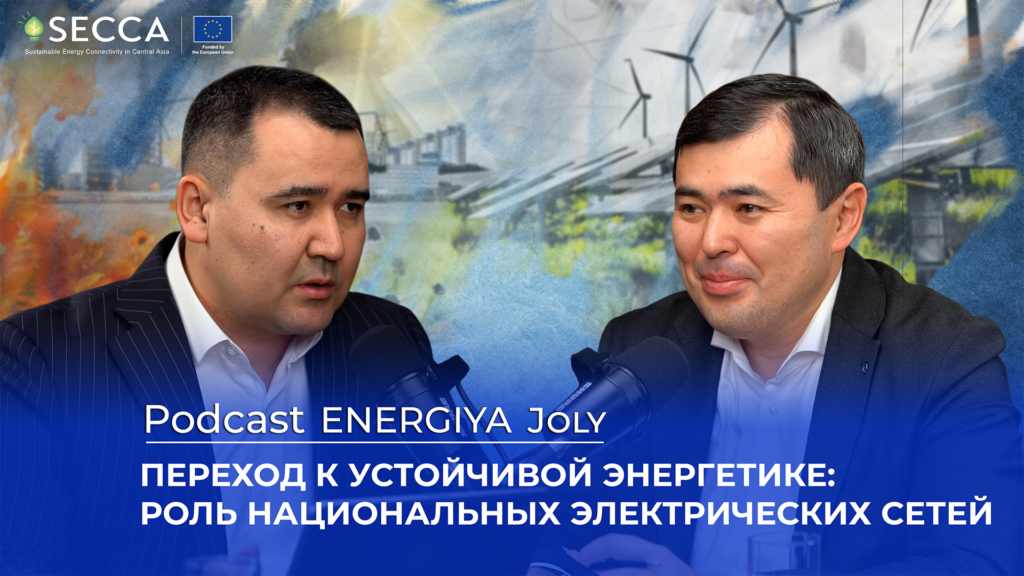Astana, Kazakhstan – SECCA Senior Energy-Climate Data and Policy Expert Mr Aidyn Bakdolotov conducted “The Analysis of the current situation regarding methane emissions in the sectors of Kazakhstan’s economy for the years 1990-2021” (Analysis) at the request of Kazakhstan’s Green Academy Scientific Research and Education Centre.
At present, methane constitutes an average of 12.4 % in Kazakhstan in the national greenhouse gas emissions profile. According to the updated data from «Zhasyl Damu» JSC, for the period 1990-2021, annual methane emissions in Kazakhstan have decreased by 40.8 %, from 4029.1 kt in 1990 to 2386.2 kt in 2021. By 2030, Kazakhstan aims to reduce methane emissions by 4.9 % compared to the 2020 level.
Within the scope of the Analysis, Mr Bakdolotov projected methane emissions in Kazakhstan until 2030 under the following three scenarios:
- Reference scenario. This scenario assumes no proactive measures from the government or businesses to implement methane reduction strategies.
- Methane reduction scenario in the oil and gas sector. This scenario assumes that companies operating in Kazakhstan’s oil and gas sector will actively adopt existing best practices to reduce methane emissions resulting from their economic activities.
- Target scenario. Under this scenario, it is anticipated that, apart from the oil and gas sector, significant reductions in emissions will also take place in the coal industry and the waste management sector.
The target scenario assumes that Kazakhstan will take proactive steps by 2030 to reduce methane emissions in the oil and gas sector, the coal industry, and the waste sector. SECCA expert examined the current policies and strategies undertaken by the Kazakh Government, as well as measures and technologies that can be introduced and implemented to achieve the set goals. He concludes that, as a result of actions undertaken according to the target scenario, methane emissions in 2030 will amount to 2,075.42 kt, which is 4.9 % lower than the 2020 level (2,183.19 kt).
The results of the Analysis were submitted to Green Academy and to some extent contributed to the Government’s decision to join the Global Methane Pledge (GMP), which Kazakhstan announced at the 2023 United Nations Climate Change Conference (COP 28).
Accession to GMP enables Kazakhstan to achieve its climate goals, mitigate climate change, prevent environmental degradation, introduce new technologies, as well as access climate finance.
Background:
Led by the United States of America and the European Union, the Global Methane Pledge was launched at COP 26 in November 2021 in Glasgow. Its overall goal is to reduce global methane emissions by at least 30 % below 2020 levels by 2030. Meeting the GMP target has the potential to make an enormous impact on climate change. It is particularly important to act in the period up to 2030, as sharp cuts in methane can deliver a net cooling effect within a relatively short period. This could keep the door open to a 1.5°C stabilisation in global average temperatures (IEA, 2022). More than 150 countries, signatories to the Paris Agreement, have already joined the GMP.
SECCA project has been actively involved in consultation process to support Kazakhstan’s accession to the GMP. On 8 September 2023, the project took part in the II Political Dialogue “Global Methane Pledge: World Experience and Kazakhstan” and presented on the priorities and implementation of GMP in Central Asia.



